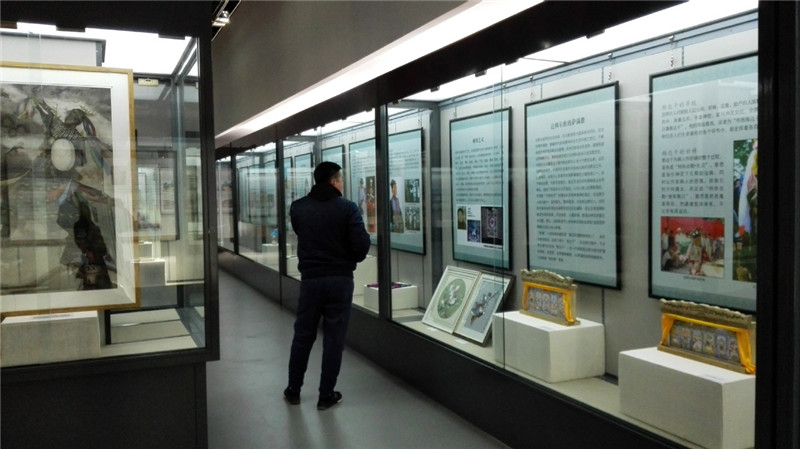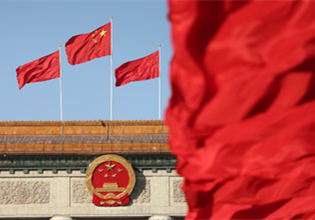Farmer's collection of ethnic Daur items a rich harvest
E Tiezhu admits that, at first, he collected old items of the Daur ethnic group just to make money.
However, as he brought more old objects together, the 58-year-old farmer, who is a member of the Daur community from Tengke township in the city of Hulunbuir, North China's Inner Mongolia autonomous region, found he could not bear to sell them.
"They would be worth a lot of money now," he notes. "It's not easy to collect these things of our ethnic group. They are priceless treasures."
With rapid economic and social development over the last 20 or 30 years, the Daur people, one of the Chinese minorities mainly living in Inner Mongolia and Heilongjiang province, have witnessed many old items and customs gradually fading out their daily life.
Growing up in Tengke with its Daur ethnic cultural atmosphere, and familiar with the local production tools and household items, E Tiezhu realized how important it is to preserve the traditional culture of the group and began collecting items in 2008.
Before long, his collection boasted a wide range of old things with Daur characteristics, including birch bark utensils, hand-spinning tools and horse saddles. When E Tiezhu acquired a new item, he enjoyed repairing and restoring it.
"This one was so valuable that it took me a long time to get it from an old Daur herdsman," says E Tiezhu, showing off a freshly restored horse saddle.
"Look at it. It's a Daur saddle. Its front bulge is higher than the rear one, contrary to Mongolian ones."

A Daur culture exhibition displays more than 60 sets of relics and more than 100 pictures to showcase the history and customs of the ethnic group in Qiqihar, Heilongjiang province, in December 2017. [Photo by Wang Yunlong/provided to China Daily]
His obsession with collecting old Daur items impressed the cadres in Tengke township, as the local government was also trying to preserve the area's ethnic culture.
In 2009, a museum of Daur folk culture, a wooden wicker-roofed traditional Daur dwelling, was set up in the township and the government funded E Tiezhu to continue his "hobby".
"I'm in charge of looking for Daur folk treasures and the government pays the bill; I'm in charge of preparing the exhibition and the government organizes people to visit the museum," says E Tiezhu.
"Our cooperation is very satisfying. Both sides are making a joint effort to preserve our past."
In collecting the objects, which are scattered far and wide, the farmer has traveled all across the Daur Autonomous Banner of Morin Dawa where he lives, and even to places like the city of Qiqihar in Heilongjiang.
Once he took a fancy to a birch bark utensil during a visit to the home of a local resident in his banner. The resident charged 2,000 yuan ($283) for the utensil and refused all attempts to bargain.
In attempt to get a better deal, E Tiezhu pretended to turn around and leave, but the resident didn't ask him to stay.
In the days that followed, he was unable to get the birch bark utensil out of his mind and returned to the resident's home.
"I want to buy it for an exhibition at the museum in my township. I hope to make our ethnic history and culture known to more people," he explained to the resident.
Moved by his sincerity, the resident finally sold the birch bark utensil to him at a lower price of 500 yuan.
Over the past 12 years, E Tiezhu has collected 205 old Daur items, from cooking utensils and household items to hunting equipment and daily clothing, covering almost every aspect of the daily life of the Daur people.
Now, the museum has become the most culturally vibrant place in the township and receives over 40,000 visits a year.
Working as the curator and the docent for the museum, E Tiezhu lives there and can be found proudly telling the stories behind the items to his fellow villagers and tourists who come to visit.
Someone once tried to buy the birch bark utensil from E for 15,000 yuan, but E Tiezhu politely refused.
"Only by preserving these old items can our ethnic culture be passed on," E Tiezhu says.



 Print
Print Mail
Mail





